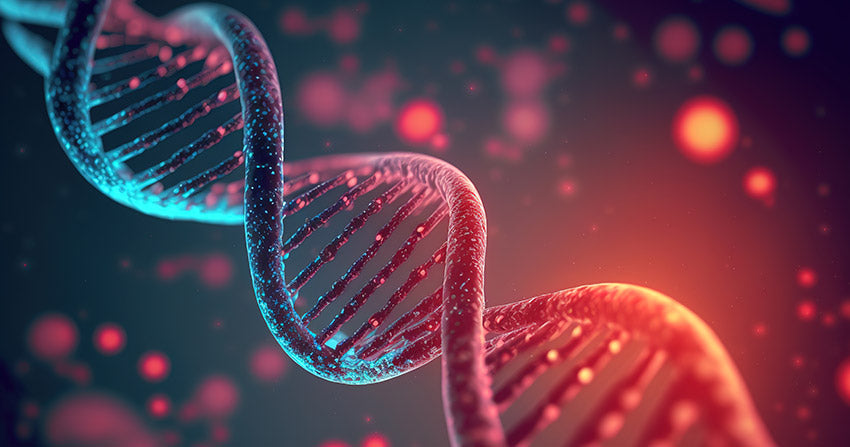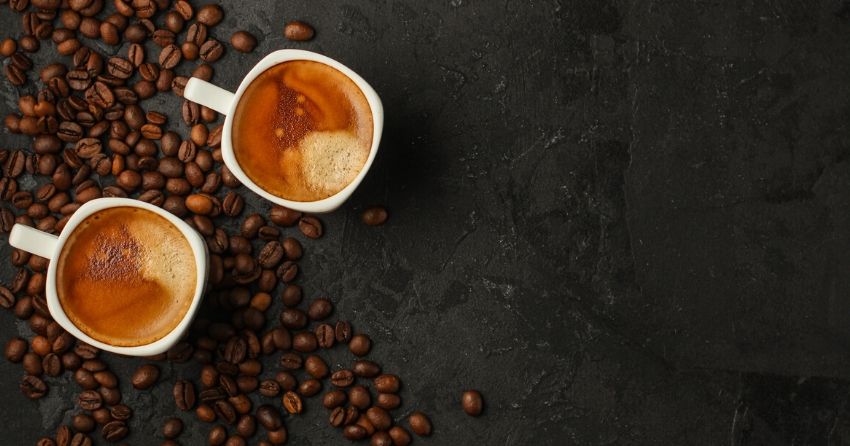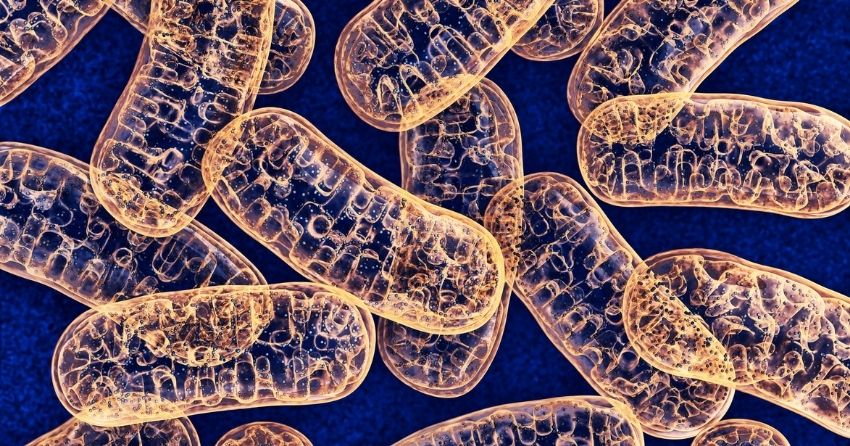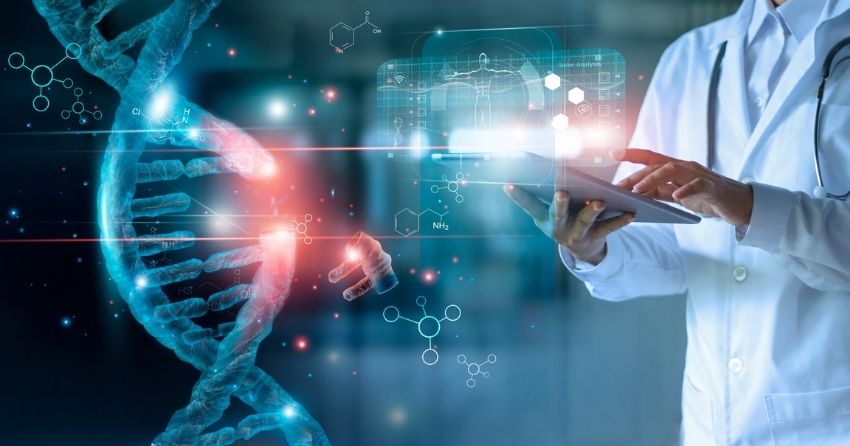Breaking News
Stay up to date with the latest longevity trends.
Breaking News
Stay up to date with the latest longevity trends.

FDA Confirms NMN Is Lawful in Dietary Supplements
FDA Confirms NMN Is Lawful in Dietary Supplements
Can Drinking Coffee Boost NAD+ Levels and Improve Muscle Mass?
Trigonelline is an NAD-increasing molecule naturally found in coffee, fenugreek, and the human body. Preclinical models show trigonelline increases mitochondrial activity and supports muscle function during aging.
Insulin Found to Facilitate Elimination of Dysfunctional Mitochondria
Insulin has been found to regulate the quality control of mitochondria in neurons, which has implications for cognitive health
New Study Uncovers Blood Biomarkers Driving Biological Aging
Healthy and rapid agers had clear differences in their metabolomes, indicating that metabolites in the blood could reflect biological age.
Recent articles









